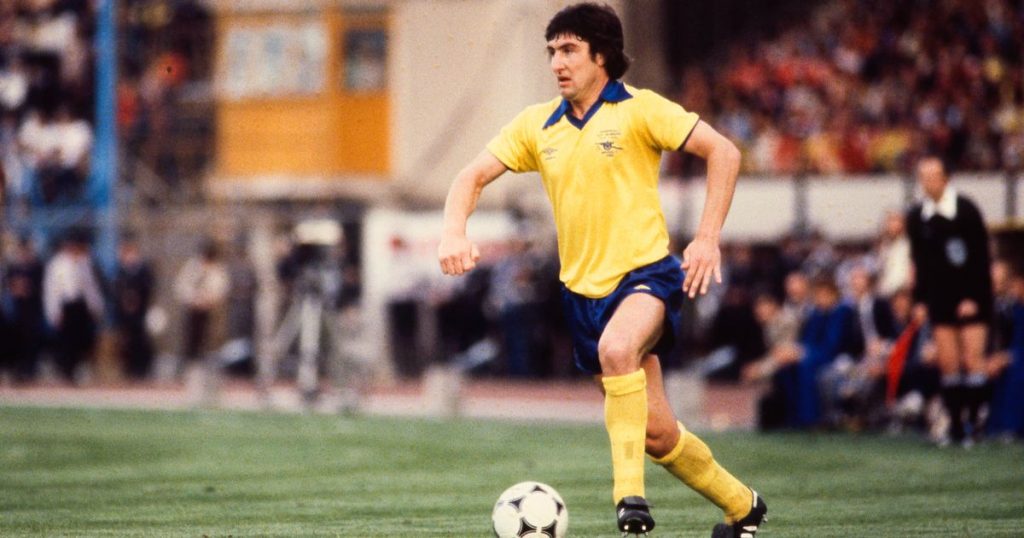Brian Talbot recalls the 1979-80 season when Arsenal played 70 games and lost two finals in just four days. Despite his super fitness, he collapsed from exhaustion after the FA Cup final, missing the post-match reception due to being hooked up to a heart monitor. The defeat against West Ham was followed by a European Cup Winners Cup final loss to Valencia in Brussels. Talbot played all 70 games that season, leading to his health scare, but he still considers it his best season due to the camaraderie with his teammates.
Arsenal’s brutal schedule included 17 games in 48 days, showcasing Talbot’s endurance and stamina. They even played against Tottenham just two days before a crucial European semi-final against Juventus. Despite challenges, the Gunners managed to beat Juventus in Turin and became the first British team to conquer their stadium. Talbot’s exceptional fitness allowed him to play through injuries with painkillers, a practice that may not be allowed by modern sports science standards. His ability to keep running all day and play in numerous high-stakes games against top teams like Liverpool set him apart.
Despite the heartbreaking finals losses, Talbot and his teammates found joy and camaraderie in playing together throughout the season. Their resilience and fight in competitions built a strong bond among the players, even though they finished without any trophies. Talbot’s health scare after the finals did not deter him, as he played 120 minutes against Valencia in the shoot-out and scored his penalty. The lessons learned from that challenging season shaped Talbot’s perspective on the importance of team spirit and never giving up, even in the face of defeat.
Arsenal’s ability to bounce back after their finals losses and secure a win against Wolves demonstrated their resilience and determination. Talbot hopes that the current Arsenal team, led by Mikel Arteta, can learn from their experiences and avoid similar trauma. He praises Declan Rice’s impact on the team and believes that his form in midfield can be key to securing silverware for the Gunners. Talbot reflects on his illustrious career with Arsenal and the challenges he faced during the 1979-80 season, emphasizing the importance of teamwork and a never-say-die attitude to achieve success in football.
The modern-day challenges faced by Arsenal and other football teams highlight the evolution of the sport and the increased emphasis on player welfare and sports science. Talbot’s experiences from the past provide a valuable insight into an era where physical endurance and mental toughness were paramount. As Arsenal navigate their current campaign, Talbot’s wisdom and perspective serve as a reminder of the enduring values of sportsmanship, teamwork, and resilience that are essential for success in football, both past and present.


